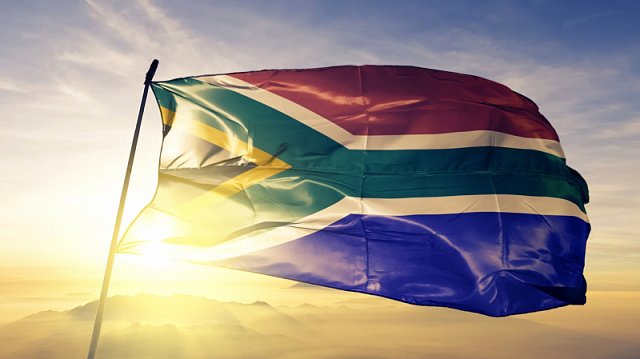24.09.24
18:12
South Africa Celebrates Heritage Day
The holiday symbolises the versatility and national unity of the country
Heritage Day, observed annually on 24 September in South Africa, symbolises the country’s rich cultural diversity and national unity. It is a public holiday that honours the multifaceted heritage of the nation.
History of Heritage Day
Heritage Day was officially recognised in 1995 during the presidency of Nelson Mandela. Originally, 24 September was celebrated as Shaka Day, named after the Zulu leader Shaka Zulu, who united various Zulu clans in the early 19th century. This event is considered a pivotal moment in South African history, and annual commemorative events are held in Shaka’s honour.
However, Shaka Day was not made a public holiday after discussions among the country’s political groups. Instead, the more inclusive name “Heritage Day” was adopted, allowing all South Africans, regardless of ethnic background, to celebrate their shared cultural identity and heritage.
Cultural Diversity in South Africa
South Africa is renowned for its ethnic and cultural diversity. The country officially recognises 12 languages, with English, Afrikaans, Zulu, and Xhosa being the most widely spoken. South Africa’s population exceeds 60 million, consisting of African ethnic groups, descendants of Dutch, English, and other European settlers, as well as people of Indian and Asian origin.
In terms of religion, most South Africans identify as Christians, but there are also significant communities of Muslims, Hindus, and practitioners of traditional African faiths.
This multicultural society is a vibrant mosaic, where every group brings its own unique history and traditions, and Heritage Day seeks to celebrate this diversity while fostering national unity.
Celebrations of Heritage Day
On 24 September, celebrations are held across the country, with local governments and municipalities organising official ceremonies and events. These include festive parades and processions, where participants wear traditional clothing and jewellery.
The day also features theatre performances, music and dance showcases, exhibitions, and arts and crafts workshops. Educational lectures and roundtables discussing South Africa’s history and culture are also common. The holiday is also celebrated by South Africans living in other countries.
In his weekly address to the nation, President Cyril Ramaphosa highlighted the significance of Heritage Day.
“This holiday is a valuable opportunity for cross-cultural exchange and for building bridges of tolerance and understanding between races and different ethnic groups. I have always found it heartwarming to see how South Africans from all walks of life celebrate Heritage Day in their communities, schools, workplaces, and institutions of higher learning”
Cyril Ramaphosa President of South Africa
He added that taking care of historical and cultural heritage is an important state endeavour. However, business and civil society should also contribute to preserving and multiplying the country’s national patrimony.
“Beyond the benefits for cultural self-expression, pride, and nation-building, heritage preservation is an important driver of economic growth, job creation, and sustainable development,” the president remarked according to South Africa’s official government news agency,
SAnews.
Photo:
iStock
Back

